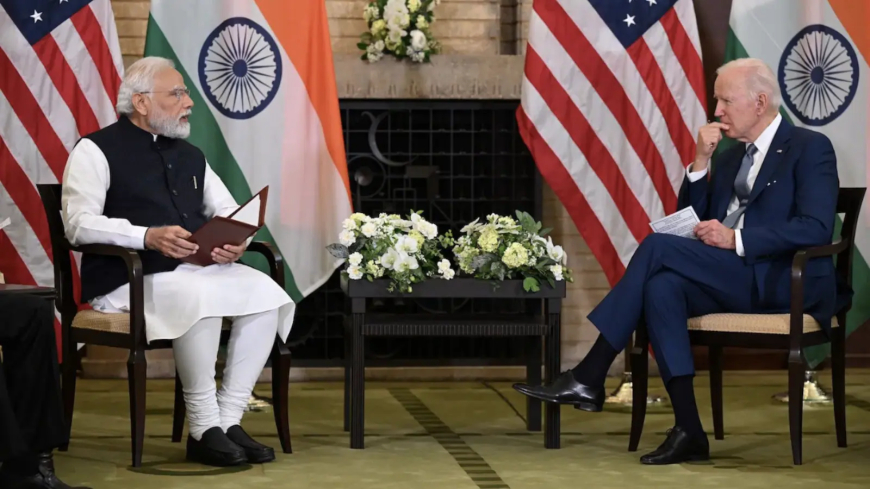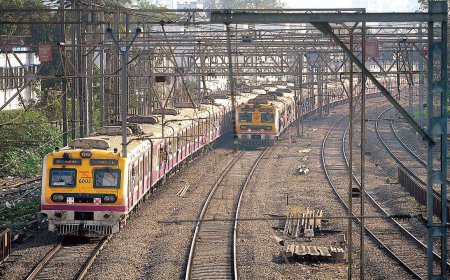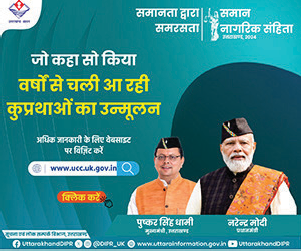New Delhi, April 23 – The United States has called on India to reduce non-tariff trade barriers that American officials say make it difficult for U.S. goods and services to access Indian markets. In response, India has highlighted similar challenges faced by its exporters in foreign countries, including the U.S., EU, Japan, and China, as both sides work toward more balanced and open trade relations.
During a recent visit to Jaipur, U.S. Vice President JD Vance raised concerns over India’s import regulations, especially those affecting American dairy products, chemicals, and technology goods. One example cited in a U.S. trade report pointed to India's restriction on dairy imports, which requires animals to be fed a vegetarian diet – a condition the U.S. argues lacks scientific basis.
Non-tariff barriers (NTBs) – such as complex documentation, strict inspection requirements, and special licensing – are at the core of the discussion. Though some rules are meant to protect health, safety, or the environment, critics say many of them create unnecessary obstacles that slow down trade and raise costs, particularly for small and medium enterprises.
“Such regulations can significantly increase the cost of exporting,” a senior Indian trade official said. “Indian exporters often face similar barriers when shipping goods abroad, especially in the food and agricultural sectors.”
India’s mango exporters, for instance, must undergo costly lab testing to prove the absence of harmful pesticide residues. Likewise, some Indian farm products have been rejected overseas due to issues like foot-and-mouth disease, leading to financial losses for farmers and traders.
The U.S. has also raised concerns about restrictions in the services and digital sectors, noting limitations faced by foreign players in banking, retail, and digital payment systems in India. These restrictions, American officials argue, hinder fair competition and limit access to India’s fast-growing digital economy.
On its part, India is stepping up efforts to support its exporters. The government is developing a centralized platform to allow Indian businesses to report non-tariff barriers they face globally. These complaints will be used to inform India’s trade negotiations and diplomatic engagements.
“We are committed to removing unfair trade practices, whether at home or abroad,” an Indian commerce ministry spokesperson said. “But it has to be mutual. Indian exporters also deserve a level playing field.”
The dialogue between the two nations is part of broader efforts to address global trade challenges and build more resilient supply chains. As two of the world’s largest economies, India and the U.S. play a crucial role in shaping global trade norms. Reducing trade barriers could not only improve bilateral relations but also offer significant benefits to small businesses, farmers, and workers across both nations.




 Previous
Article
Previous
Article











